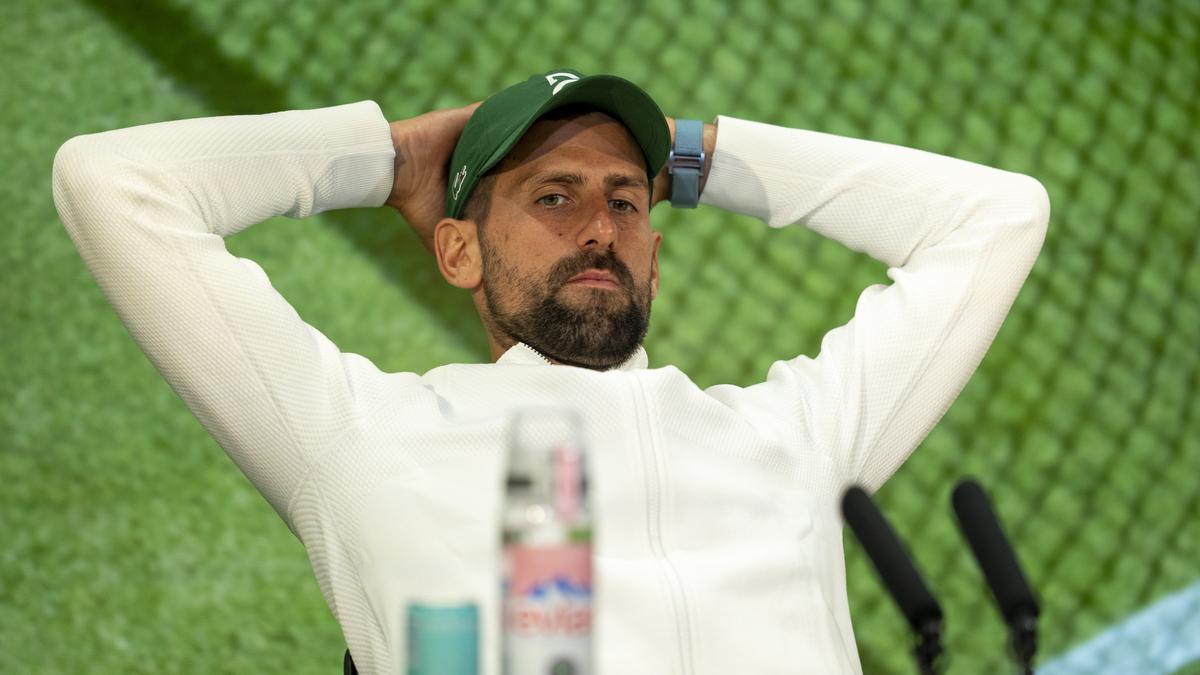Liverpool Become Just Third Premier League Club To Retire A Number

Unlike in American sports, the act of retiring a number in English football is incredibly rare, though not completely unprecedented. In fact, only two other clubs currently in the Premier League have retired kit numbers: Manchester City and West Ham.Manchester City retired the number 23 after the Marc-Vivien Foe died from an undiagnosed heart condition after collapsing during a Confederations Cup semi-final in 2003.West Ham has retired two numbers: the number 6, a full 15 years after World Cup winner Bobby Moore passed away from colon cancer, and the number 38 after 20-year-old striker Dylan Tombides died from testicular cancer.Unfortunately, in almost every example of a club retiring a kit in English football, it is from a tragic early end to their career and not from awesome footballing things. Hang your heads in shame, Birmingham City (unless you know something about Jude Bellingham’s future that we do not).Of course, given the importance that football gives to certain numbers, especially numbers 1 to 11, it makes it difficult to justify retiring numbers except in the most extreme, and often tragic, circumstances. No matter how much the likes of Kenny, Stevie, or Mo deserve the 7, 8, and 11 retired for exceptional (in the positive sense) reasons, Liverpool simply would not consider it. Sadly, Jota’s death qualifies as exceptional in the rare and tragic sense.Ultimately, I think retiring Jota’s number is the right move, and done for the right reasons. It would’ve been difficult to see another player, no matter how much time had passed, in the number 20 kit for Liverpool.






)








